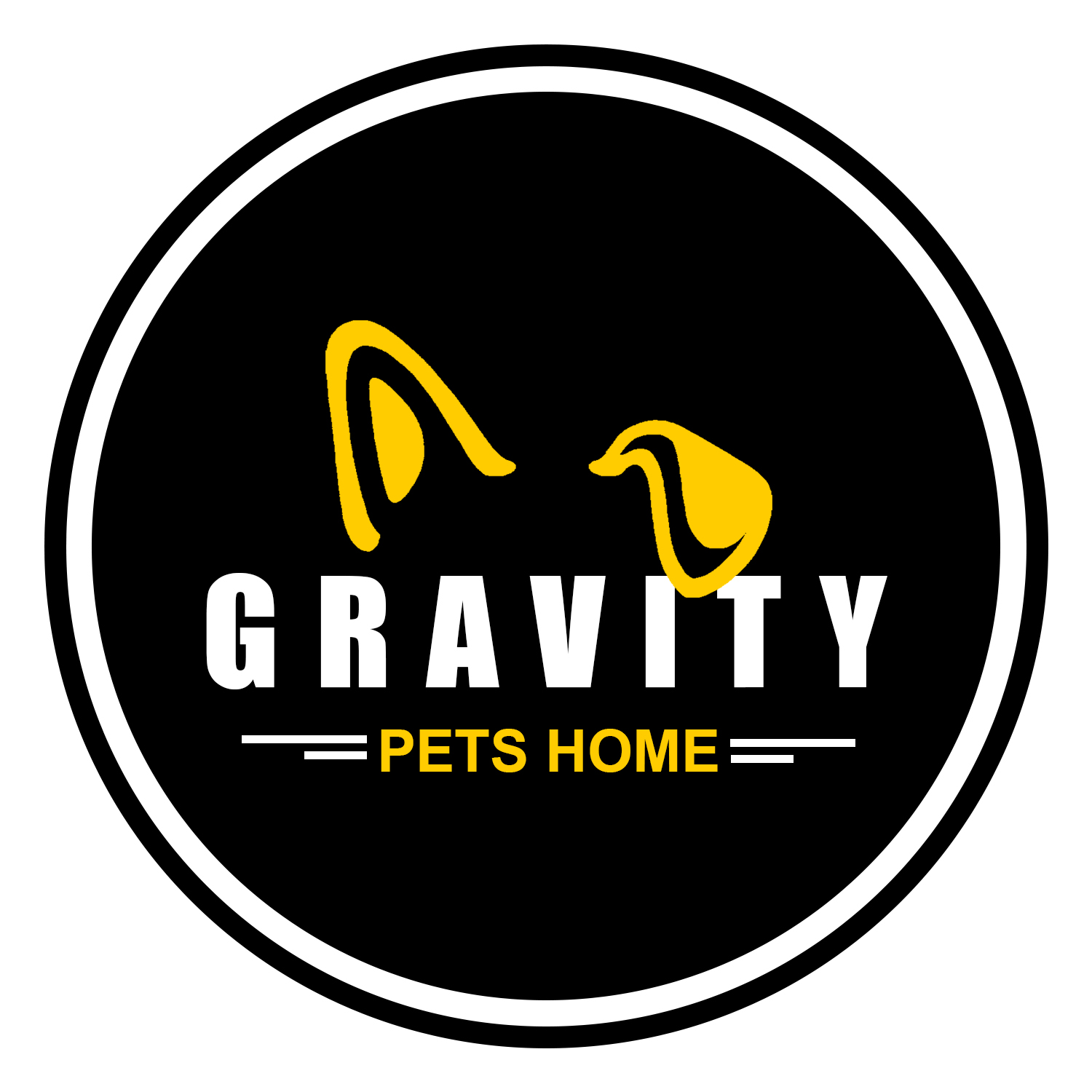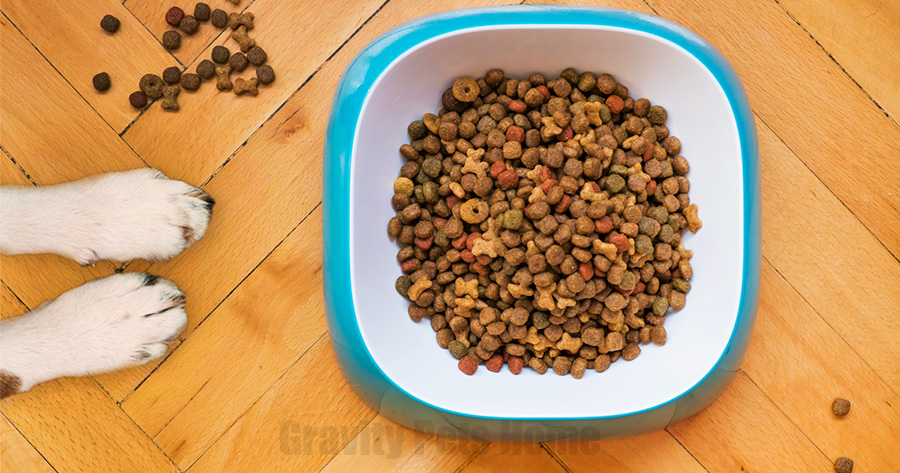Proper nutrition is a cornerstone of a healthy and happy pet. Just like humans, pets have specific dietary needs that must be met to thrive. In this comprehensive guide, we’ll delve into the essential aspects of pet nutrition, from commercial pet food to homemade diets.
Understanding Your Pet’s Nutritional Needs
The nutritional requirements of your pet depend on several factors, including:
- Age: Puppies and kittens have different needs than adult pets.
- Breed: Different breeds have varying energy levels and dietary requirements.
- Activity Level: Active pets need more calories than sedentary pets.
- Health Conditions: Certain health conditions may necessitate specific dietary adjustments.
Commercial Pet Food
Commercial pet foods are formulated to meet the nutritional needs of dogs and cats. When choosing a commercial pet food, consider the following:
- AAFCO Approval: Look for the Association of American Feed Control Officials (AAFCO) seal of approval.
- Ingredients: Opt for foods with high-quality protein sources, healthy fats, and whole grains.
- Age-Appropriate Formulas: Choose food that is appropriate for your pet’s life stage.
- Specific Dietary Needs: Consult your veterinarian to determine if your pet requires a specialized diet.
Homemade Pet Food
While homemade diets can be tailored to your pet’s specific needs, it’s crucial to ensure they are nutritionally balanced. Consult with a veterinarian or a board-certified veterinary nutritionist to create a safe and healthy homemade diet.
Key Nutrients for Pets
- Protein: Essential for muscle growth and repair.
- Carbohydrates: Provide energy for daily activities.
- Fats: Support healthy skin and coat, and provide essential fatty acids.
- Vitamins and Minerals: Crucial for overall health and well-being.
- Water: Essential for hydration and proper organ function.
Tips for Feeding Your Pet
- Portion Control: Avoid overfeeding, as it can lead to obesity.
- Feeding Schedule: Establish a regular feeding schedule.
- Fresh Water: Ensure constant access to clean, fresh water.
- Monitor Your Pet’s Weight: Maintain a healthy weight through proper diet and exercise.
- Consult Your Veterinarian: Regularly consult with your veterinarian for personalized dietary advice.
Common Pet Food Myths
- All-Meat Diet: A diet solely based on meat can lead to nutritional deficiencies.
- Human Food: Many human foods are harmful to pets and should be avoided.
- Raw Food Diet: While raw diets can be beneficial, they require careful preparation and monitoring to prevent foodborne illnesses.
Conclusion
By understanding your pet’s specific nutritional needs and providing a balanced diet, you can help them live a longer, healthier life. Remember to consult with your veterinarian for personalized advice and to monitor your pet’s health closely.
By following these guidelines and seeking professional advice like from Gravity Pets Home , you can ensure that your furry friend receives the optimal nutrition they need to thrive.

